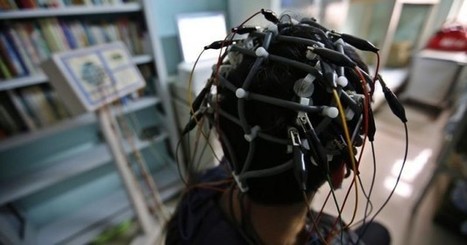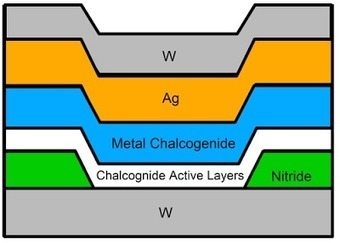Forget humans versus machines: humans plus machines is what will drive society forward. This was the central message conveyed by Dr. John Kelly, senior vice president of IBM Research, at...
Research and publish the best content.
Get Started for FREE
Sign up with Facebook Sign up with X
I don't have a Facebook or a X account
Already have an account: Login
Futures of the Web: semantic/symbiotic/ubiquitous web, internet/web of things, artificial intelligence, singularity, internet 3.0...
Curated by
Pierre Tran
 Your new post is loading... Your new post is loading...
 Your new post is loading... Your new post is loading...
Teresa Lima's curator insight,
January 10, 2014 4:38 AM
#Not I think the future is unpredictable, and no one can predict the future! 
Carlos Polaino Jiménez's curator insight,
January 16, 2014 7:38 AM
Predicción científica del futuro, esto es un tema a leer por lo menos. |
|






















As we move forward there will be more and more reliance on robots and people working as team mates. Robots doing what robots are best at and people doing what people do well.